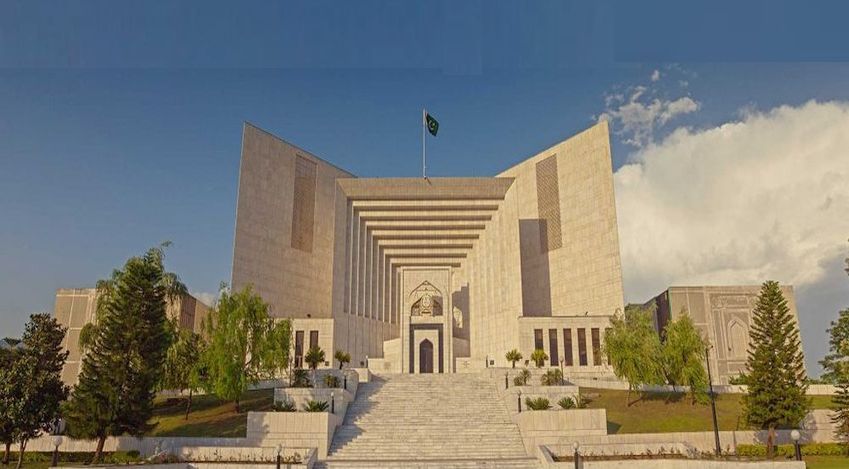Parties must Strictly Adhere to Statutory Timelines unless Exceptional Circumstances Warrant Otherwise --- Supreme Court of Pakistan Dismisses Time-Barred Complaint
Islamabad 19-12-2024: The Supreme Court of Pakistan has dismissed a petition filed by Raja Shahzad Ahmad challenging the Lahore High Court’s decision to uphold the dismissal of his consumer complaint on the grounds of being time-barred. The apex Court reaffirmed the strict limitation provisions under the Punjab Consumer Protection Act, 2005, emphasizing the inapplicability of the Limitation Act, 1908, in such cases.
The petitioner filed a consumer complaint regarding the loss of family baggage with the District Consumer Court, Sheikhupura, after a delay of four months. The Consumer Court dismissed the complaint as time-barred under Section 28(4) of the Punjab Consumer Protection Act, which prescribes a 30-day limitation period from the date of the cause of action.
The petitioner subsequently appealed to the Lahore High Court, which upheld the dismissal, prompting the petitioner to file a Civil Petition for Leave to Appeal (CPLA) before the Supreme Court of Pakistan.
The petitioner argued that his delay in filing the complaint should be condoned under Section 5 of the Limitation Act, 1908. However, the Court clarified that Section 29(2) of the Limitation Act explicitly excludes its application to proceedings under special or local laws like the Punjab Consumer Protection Act, 2005.
The Court highlighted that while Section 28(4) of the Punjab Consumer Protection Act allows Consumer Courts to condone delays if “sufficient cause” is demonstrated, the petitioner failed to provide any plausible justification for the delay.
Mr. Justice Mazhar Alam Khan Miankhel, writing for the bench, stated that the petitioner’s reliance on the Limitation Act, 1908, was “misplaced and legally flawed.” The Court reiterated that special laws prevail over general laws, and parties must strictly adhere to statutory timelines unless exceptional circumstances warrant otherwise.
The Court further emphasized that the discretionary power to condone delays under Section 28(4) of the Punjab Consumer Protection Act is subject to substantial justification by the claimant. In this case, the petitioner failed to meet this standard.
The Supreme Court of Pakistan dismissed the petition being time-barred under Section 28(4) of the Punjab Consumer Protection Act, 2005. Also declared that Section 5 of the Limitation Act, 1908, does not apply to proceedings under the Act. The petitioner failed to demonstrate sufficient cause for the delay.
Powered by Froala Editor








